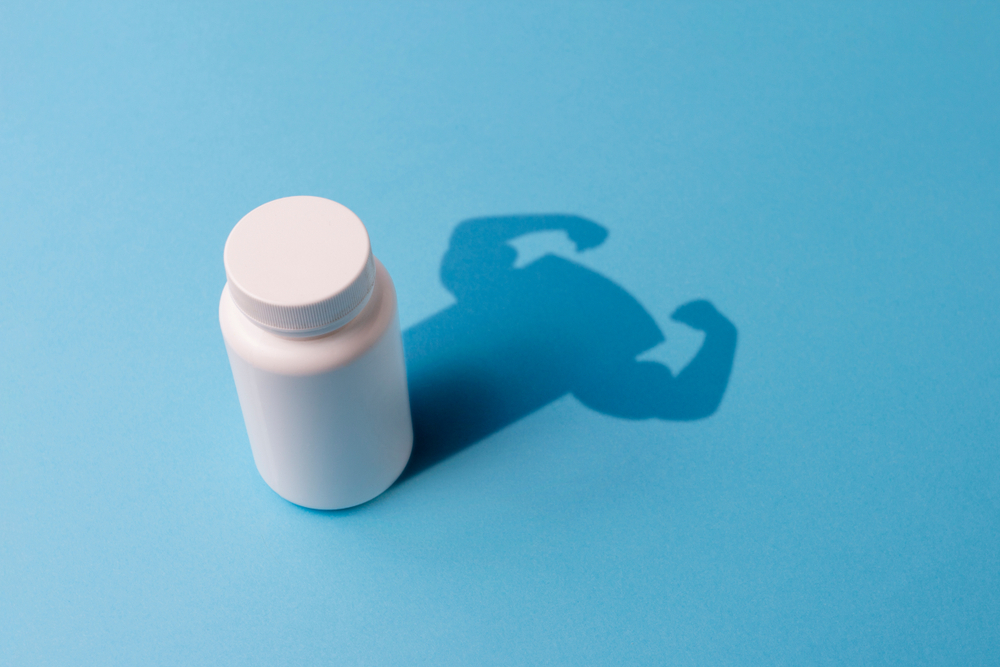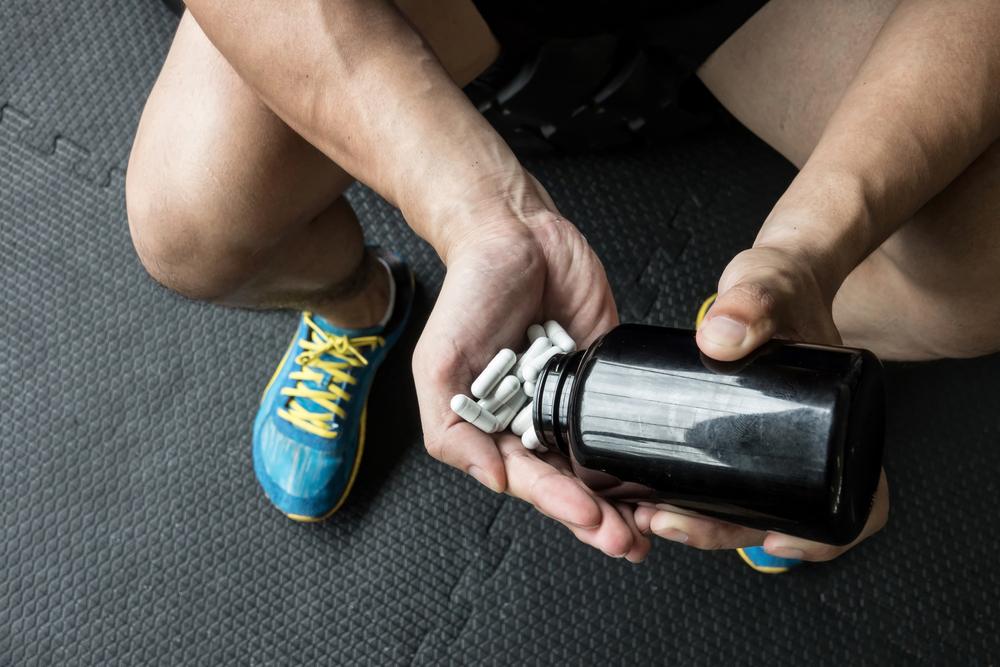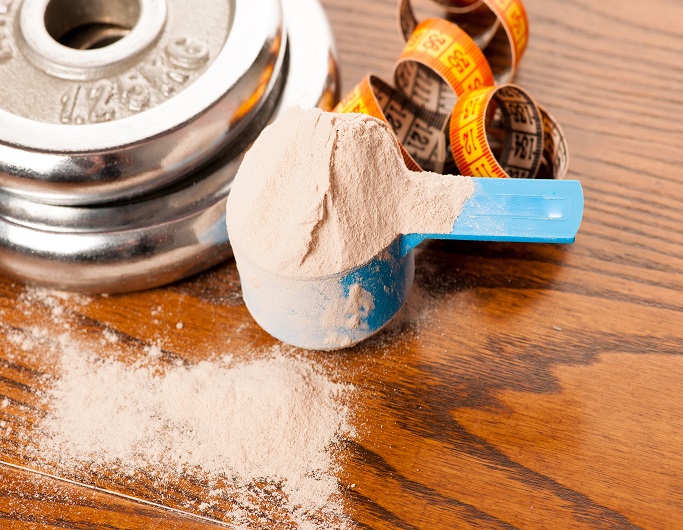
Underrated Supplements For Muscle Growth 2019
Some supplements just don’t get the recognition they deserve. Whey protein and creatine always top the charts, simply because they have been shown time and again to work. Other supplements rise in popularity and then fade, because they don’t. But what about the supplements that do indeed work, but don’t ever become popularised? Well, that’s where I come in. I go straight to the literature, saving you some research time, and free these gems from their hidden depths. Here are my top 4 underrated, unpopular, or otherwise unknown supplements for muscle growth.
1. Spirulina
 All good greens drinks should have Spirulina at their heart. Not only is Spirulina bursting with micronutrients and amino acids, it is a potent allergy-reducer, and has demonstrated significant reductions in triglyceride levels in humans. But that’s not very sexy, is it? Health often comes second to meatheads who don’t understand the link between optimal health, performance and musculature.
All good greens drinks should have Spirulina at their heart. Not only is Spirulina bursting with micronutrients and amino acids, it is a potent allergy-reducer, and has demonstrated significant reductions in triglyceride levels in humans. But that’s not very sexy, is it? Health often comes second to meatheads who don’t understand the link between optimal health, performance and musculature.
However, for those meatheads, there is one really sexy study that elevates Spirulina from the depths of boring health supplement to the dizzying heights of ergogenic tonic. Sandhu & Shenoy (2010) revealed that ingestion of Spirulina in a weightlifting context was able to improve peak power output by a huge 20-30%! You’ll find an optimal dose of Spirulina in Super Greens and it’s bulky big brother Muscle Super Greens.
2. Citrulline Malate
Now, citrulline isn’t necessarily “underrated”. Indeed, some people have already cast arginine asunder in favour of its more attractive cousin, but mostly in favour of its superior pump. Now, I love “pump” products as much as the next man, but their primary effect is more cosmetic than hypertrophic (the difference in metabolic stress is unmeasured and probably unmeasurable).
Where Citrulline Malate really comes into its own is its effect on volume. If you’ve read my stuff before, you’ll know how highly I hold volume in terms of building lean mass. Perez-Guisado & Jakeman (2010) conducted a study on the benefits of citrulline that not only confirmed what other studies have said for years – that it decreases fatigue – but the study design (using failure rather than a specific rep range to gauge performance) allowed them to demonstrate also that such a reduction in fatigue allowed for increased workout volume. Do I even need to mention the reduction in DOMS also found by this study?
3. Cherry Extract
Cherry extracts are relatively new to the market, and there is a consequent dearth of research on their effects, but I have used them already because I’m my own guinea pig. After just one post-workout dose, my soreness was basically non-existent. Various friends and fitness professionals in my social network have seen similar effects, to a range of extents, with themselves and their clients.
I can’t recommend it highly enough – especially for periods of planned overreaching alongside HMB – itself a highly divisive and thus often underrated supplement.
4. Coconut Oil
It’s an oil, not a powder, which messes with people’s heads when it’s brought up in conversations about “supplements”, but Coconut Oil is indeed sold mostly as a health food. However, I would argue that it should not be used as a supplement – as supplemental to a diet – but rather as a substitute for other dietary oils.
That’s what Krotkiewski (2001) did. Participants in an isocaloric energy deficit were given MCT in the form of coconut oil, or calorically matched amounts of LCT (plus control group). The coconut oil group ended up with a greater reduction in fat mass than their LCT counterparts, reduced intensity of hunger and even a better attenuation of muscle loss from the weight loss. That’s an exciting study if any study is!
So there we have it, ladies and gents, four awesome (and relatively unpopular) supplements to add to your foundation stack.






No Comments yet!